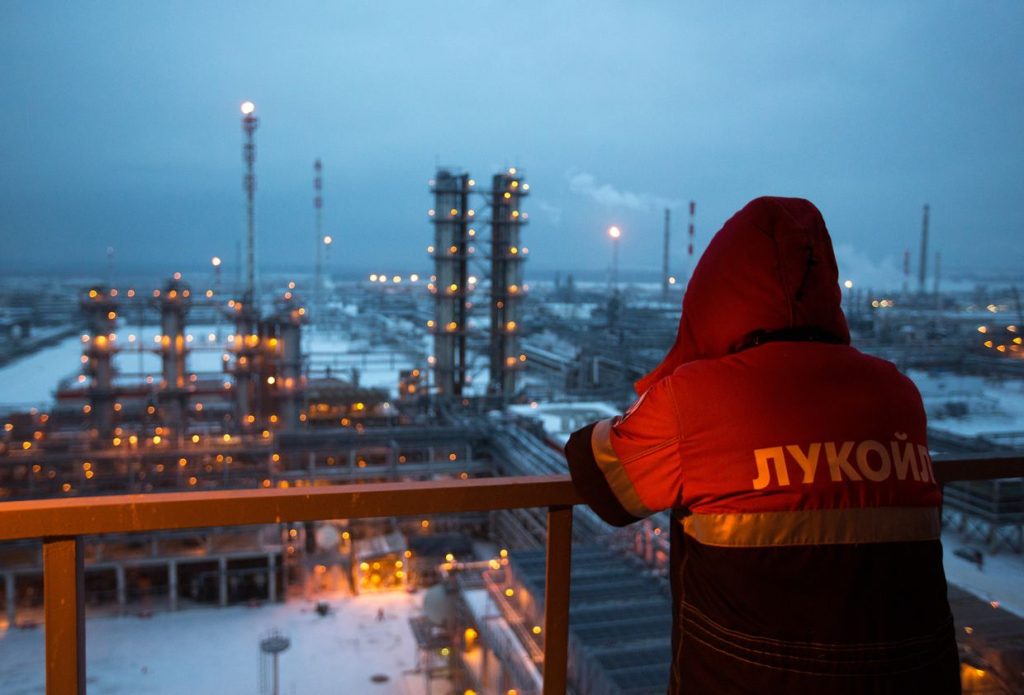The European Commission is currently investigating the situation with oil supplies to Hungary and Slovakia after Ukraine stopped the transit of Russian Lukoil oil. The sanctions imposed by Ukraine against Lukoil do not affect the current transit of oil through the Druzhba pipeline, as Lukoil is not the official owner of this oil. The European Commission has not seen any impact as of now and does not consider urgent consultations necessary at this stage. Hungarian and Slovak officials have complained that Kyiv’s actions violate its association agreement with the EU, but Ukraine’s Prime Minister Denys Shmyhal denies this, calling the reaction from Hungary and Slovakia “extremely politicized and manipulative.”
EU ambassadors are not sympathetic to the complaints from Hungary and Slovakia, as the two countries did not reduce their dependency on Russian oil despite the ongoing war. Shmyhal emphasized that Ukraine is not the real threat to these countries’ energy security, but rather Russia, which is using energy blackmail. He reiterated that Kyiv is open to cooperating with EU member states, including Hungary and Slovakia. The European Commission is awaiting more detailed information from Budapest and Bratislava to confirm its conclusions regarding the impact of Ukraine’s ban on Lukoil’s oil transit.
To address the issue of booming Russian fossil fuels trade, particularly the flow of oil through Turkey, Europe must take action. Russian oil flows through Turkey have been observed and are a significant concern. The situation highlights the need for Europe to clamp down on Russian oil flows and reduce dependency on Russian energy sources. The ongoing conflict between Ukraine and Russia, as well as the energy blackmail tactics used by Russia, underscore the importance of diversifying energy sources and promoting energy security within the European Union.
Support for independent journalism in Ukraine is crucial in understanding and addressing issues such as the oil transit sanctions imposed by Kyiv. By joining the fight to support independent journalism, individuals can contribute to raising awareness of critical issues and promoting transparency in matters that affect regional energy security. Ukraine’s decision to halt the transit of Russian Lukoil oil has sparked diplomatic tensions with Hungary and Slovakia, highlighting the complex geopolitics surrounding energy supplies in the region. Cooperation between Ukraine and EU member states is essential to navigate these challenges and address threats to energy security posed by Russia.
The European Commission’s ongoing investigation into the situation with oil supplies to Hungary and Slovakia underscores the importance of diplomatic engagement and cooperation in resolving energy disputes. Despite complaints from Hungary and Slovakia, the European Commission does not see an urgent risk to the security of supply at this stage. The need for energy diversification, reduced dependency on Russian oil, and promotion of transparent and fair energy practices is evident in the current situation. By working together, Ukraine, EU member states, and the European Commission can find mutually beneficial solutions to ensure energy security and stability in the region.















